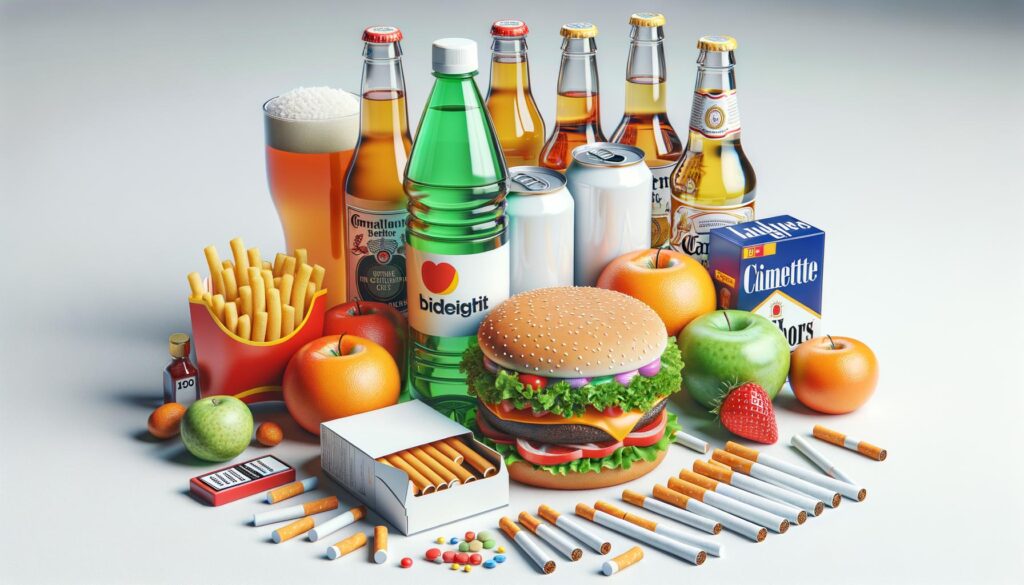Understanding the Link Between Certain Foods and Cancer

Processed Meats and Cancer Risk
Processed meats have been scrutinized for their potential link to cancer, particularly colorectal cancer. Products like bacon, sausages, and hot dogs are often preserved through methods such as smoking, curing, or adding chemical preservatives. These processes can introduce harmful substances like nitrates and nitrites into the meats, which can form cancer-causing compounds in the body.
The World Health Organization classifies processed meats as Group 1 carcinogens, indicating that there is convincing evidence that they increase cancer risk. Consuming even small amounts regularly can elevate risk levels. People are encouraged to limit their intake of processed meats as part of a balanced diet.
Red Meat Consumption
Red meat, including beef, lamb, and pork, has also been associated with an increased risk of cancer. While not as definitive as the link with processed meats, research suggests that high consumption of red meat might contribute to cancer, particularly colorectal cancer. Studies indicate that cooking methods such as grilling or frying can create carcinogenic compounds known as heterocyclic amines.
For those who enjoy red meat, it’s advisable to moderate portion sizes and frequency of consumption, and to consider healthier cooking methods like baking or steaming to reduce potential risk.
Alcohol and Cancer
Alcohol consumption is another dietary factor linked to various types of cancer, including breast, liver, and colorectal cancer. Ethanol, the active ingredient in alcoholic beverages, can damage DNA and proteins through the production of acetaldehyde, a toxic metabolite that has been identified as a carcinogen.
The risk of cancer increases with the amount of alcohol consumed, so it’s recommended to follow health guidelines that suggest limiting alcohol consumption.
Sugary Drinks and Their Indirect Link
While sugary drinks aren’t directly linked to cancer, they can lead to obesity—a known risk factor for several types of cancer, including breast, kidney, and pancreatic cancer. Beverages that are high in sugar contribute to excess calorie intake and weight gain, which in turn can increase cancer risk.
Reducing the intake of sugary drinks and opting for healthier alternatives, like water or unsweetened beverages, can support weight management and reduce overall cancer risk.
Trans Fats and Processed Foods
Trans fats, often found in processed and packaged foods, are partially hydrogenated oils that have been associated with increased risk of cancer. Consuming large amounts of trans fats can lead to inflammation and is linked to heart disease and potentially cancer. Foods like baked goods, snacks, and fried foods often contain these unhealthy fats.
To minimize risk, it’s important to read labels carefully and choose products with low or no trans fat content. Opting for whole, unprocessed foods can support a diet that minimizes cancer risk.
Conclusion: Making Informed Dietary Choices
Understanding the link between certain foods and cancer helps in making informed dietary choices that contribute to long-term health. While complete avoidance of certain foods might not be necessary, moderation and mindful consumption can significantly reduce cancer risk. Adopting a balanced diet rich in fruits, vegetables, whole grains, and lean proteins can create a foundation for a healthy lifestyle, reducing the potential impact of cancer-associated foods.
